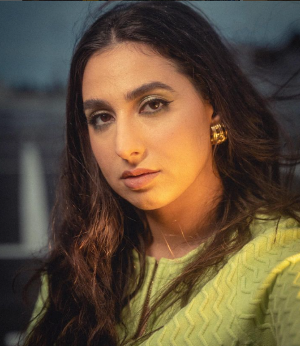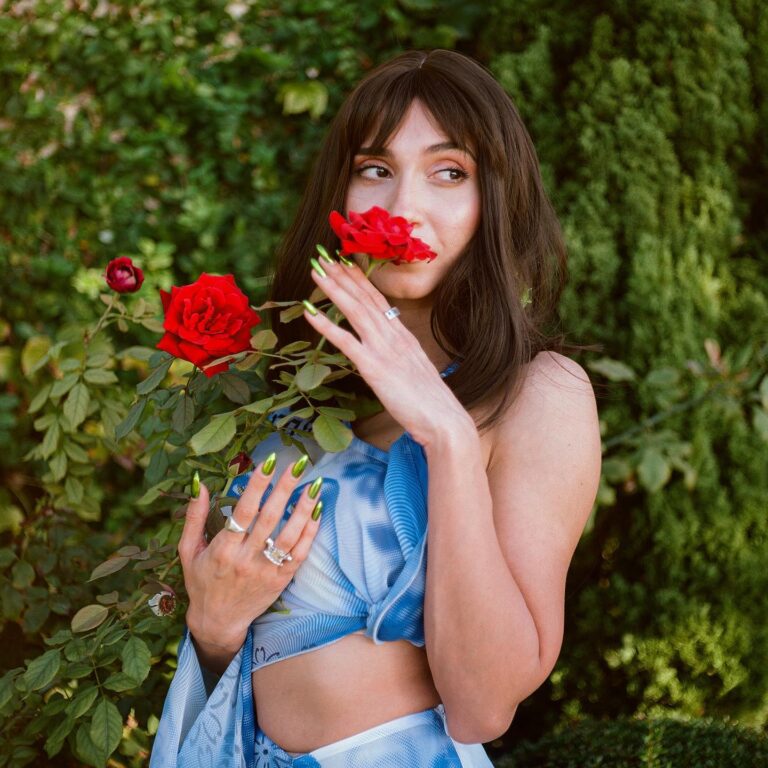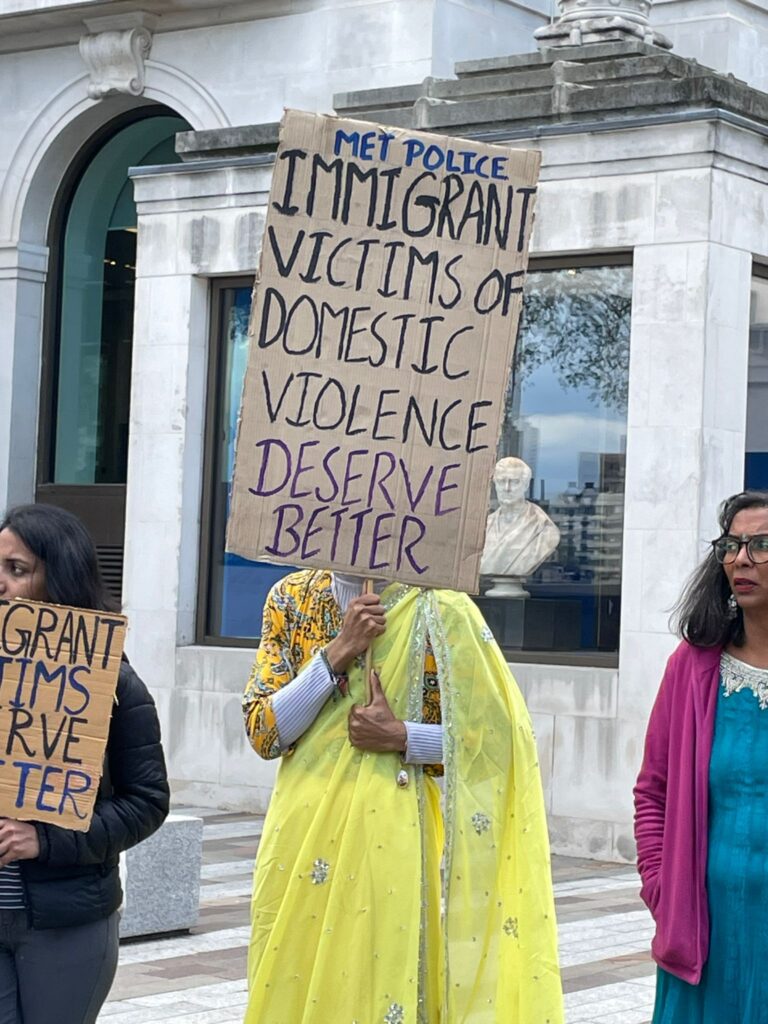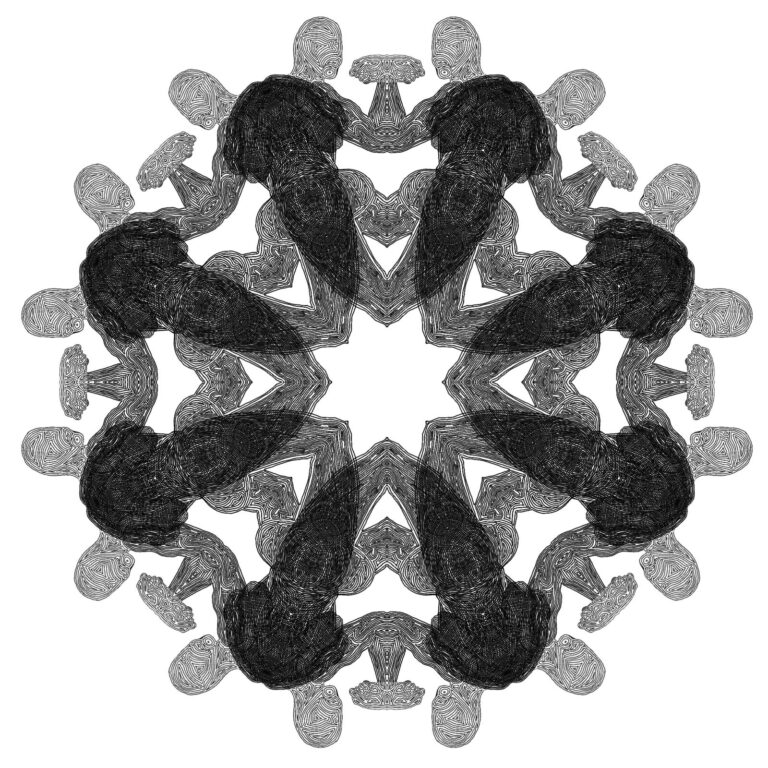Credits : @mougleta Instagram
Songs of heartbreak pour from open windows and taxi radios, cutting through the bustling nights of Lebanon. The sound of Fairouz’s melancholic ballads drifts through the streets of Beirut.
In Tawfiqia, in the heart of downtown Cairo, a formidable bust of Umm Kulthum guards the entrance to the Umm Kalthoum café. Inside is a shrine to one of the Arab world’s most famous and enduring voices, her face papered across the walls and gazing back at diners and shisha-smokers from their coffee cups.
Arab music has a vast pantheon of iconic artists, many of whom have no obvious Western counterpart. Today, from this legacy, a new generation of young Arab singers is emerging, artists who are experimenting with Arab sounds and Western genres, pushing the Arab musical genre into a brand-new direction.
With the meteoric rise of Arab singers like Saint Levant, the Netflix award-winning series Mo, and Hulu’s Ramy, young Arab creatives are at the very forefront of shaping new perceptions of Arab culture in the West.
Social media has been a game changer in giving the new generation a platform to perform, unrestricted by convention or external influence. Lebanese singer, Talia Lahoud, is one of these young artists changing the Arab music industry.
Talia, 20, began uploading videos of herself singing covers onto YouTube when she was only 10 years old. “When I started out, I was horrible. I was a horrible singer,” she says, smiling at the memory. “But that’s okay. I worked on myself a lot.”
As a teenager she would get online comments about everything, from her voice to her eyebrows and her face – anything to pick apart the passionate teenager and her guitar.
“It would get to me a little, everyone has emotions, but I was a stubborn kid,” she reminisces. “I’d get sad for a few moments, then I [would] come back stronger, and probably work a bit harder.”
This determination paid off. After the explosion at the Port of Beirut in 2020 which killed 218 people, Talia uploaded a cover of a Fairuz song called ‘Li Beurit’ (To Beirut), as a love letter to her wounded city and its people. The video went viral and Talia soon understood that singing in Arabic unlocked a new musical world for her to explore.
On last year’s International Women’s Day, TikTok approached Talia to perform her Arabic cover of ‘I Am Woman’ as one of the platform’s promoted soundtracks for the celebration.
She believes that the massive online reaction was because, “most songs in the Arab world are just about love and heartbreak, It was just these two themes the whole way. And I’m trying to break the barrier and try to address new topics,” she says.
Talia plans to continue releasing music in Arabic , having discovered its power to position her as a unique artist on the international stage.
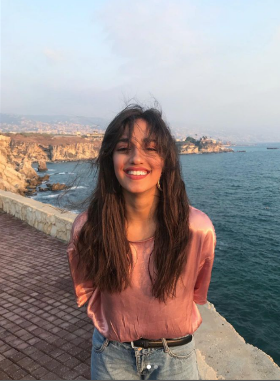
She says: “Arabic culture is something that will never die. To this day people still listen to the old songs of the 60s. They’re beautiful and so complicated when you hear them.
“There are so many complicated melodies, and the scales are so hard. They’re mesmerising. I’d love to include that in a more modern and simplified way in my own music. There’s nothing in today’s music that sounds like it.”
Fellow Lebanese singer, Mabelle Chedid, has also taken advantage of the popularity of Arabic music on social media. “TikTok and social media have a really big potential in promoting songs for artists of this new generation,” she affirms. “It definitely boosted my songs and helped them reach wider audiences than before.”
Chedid, 24, was singing and dancing almost from the moment her feet first touched the ground. Born into a family of painters, singers and belly-dancers, she did not have the same struggle many other young Arab musicians face to convince their family to support an artistic career.
She grew up listening to traditional Arab artists, but remembers becoming transfixed by a different kind of Arab-influenced artist; Shakira.
“I was completely obsessed with her. I watched all of her performances,” Chedid says enthusiastically. “I love the ease of how she mixed this Western and Middle Eastern culture, creating her own version of hip hop sounds with middle eastern flavour. She’s always been an inspiration to me.”
Experimentation with sound and genre is a recurring theme for up-and-coming Arab artists. With over a million monthly listeners on Spotify and streams with over 150 million views as well as collaborations with big names like Lewis Capaldi, Mougleta’s experiment has certainly paid off. Her ‘jungle jams’ and energetic hip-hop Arab infusions inject new life into the genre.
With a stage name that came from her childhood nickname of ‘Mowgli’, Yasmeen Semaan and Mougleta, 27, are one being with the same irrepressible energy.
Yasmeen’s parents eventually both gave up their artistic talent for a more ‘acceptable’ career path. But their daughter wouldn’t be deterred by convention.
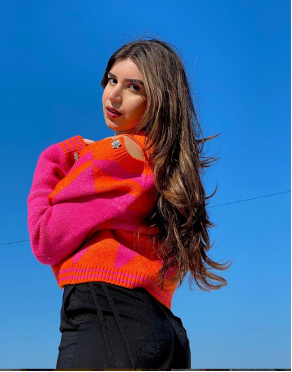
“It’s always ‘you should be a doctor’ or something,” she complains. “To this day people don’t really understand when I say I’m an artist or I’m a musician and ask ‘but what do you really do?’. That’s a struggle I think a lot of artists face. It’s either you’re extremely famous and they think okay fine, or you’re doing it and they don’t understand that so many artists make such an incredible living off of their music.”
Also Read: London’s Roller-skating Revolution
But with this comes the risk of criticism; “There is this pressure as not only being Middle Eastern, but as a woman coming from the Middle East singing in English. You get all sorts of talk from right, left and centre, but I need to be comfortable with what I do,” she explains matter-of-factly, brushing her halo of dark curls away from her face.
“And if I stand by my work, and I’m comfortable with my body, and believe in what I’m doing, then I can brush off criticism. So if you want to pose naked, do it if you want to, or sing a song about a controversial topic, but you have to be completely behind your decision. It’s the worst thing if an artist starts questioning their own work because of outside noise,” she says.
Young singers from both the Middle East and the diaspora are mounting a charge to introduce Arabic music to the West. Just as Camilla Cabello and Bad Bunny popularised Latin music, perhaps Arabic is next with Talia, Mabelle and Mougleta standing out amongst many talented artists as harbingers for a new wave of modern Arab music.
